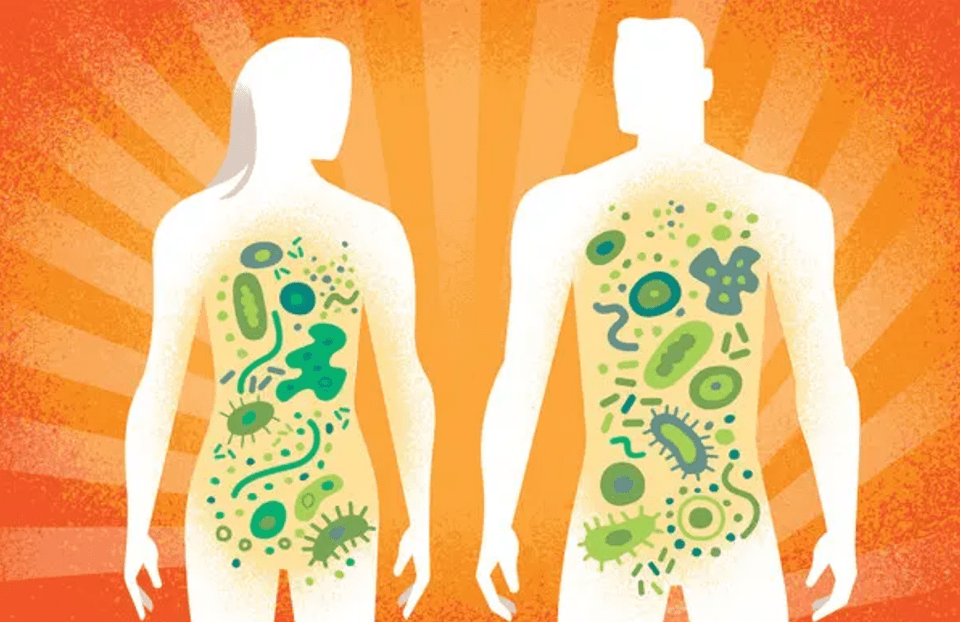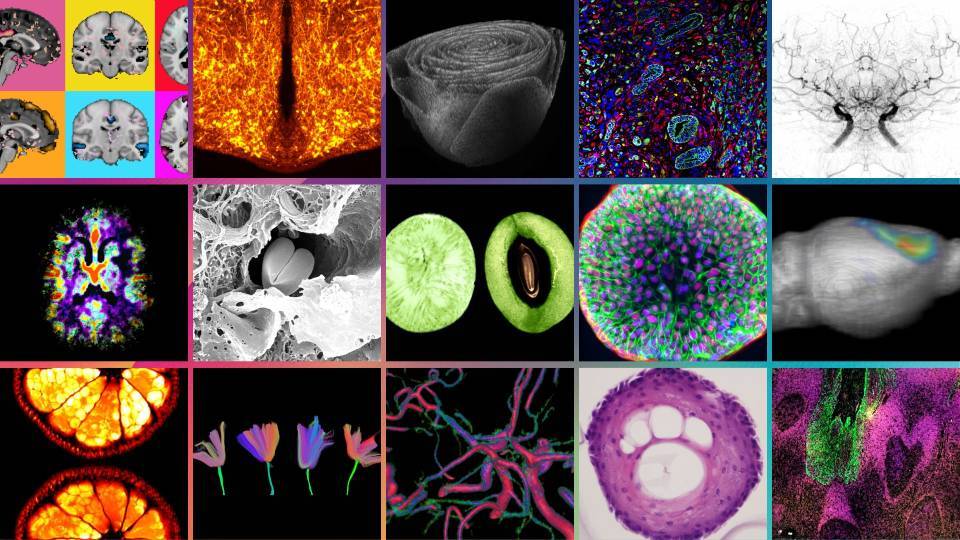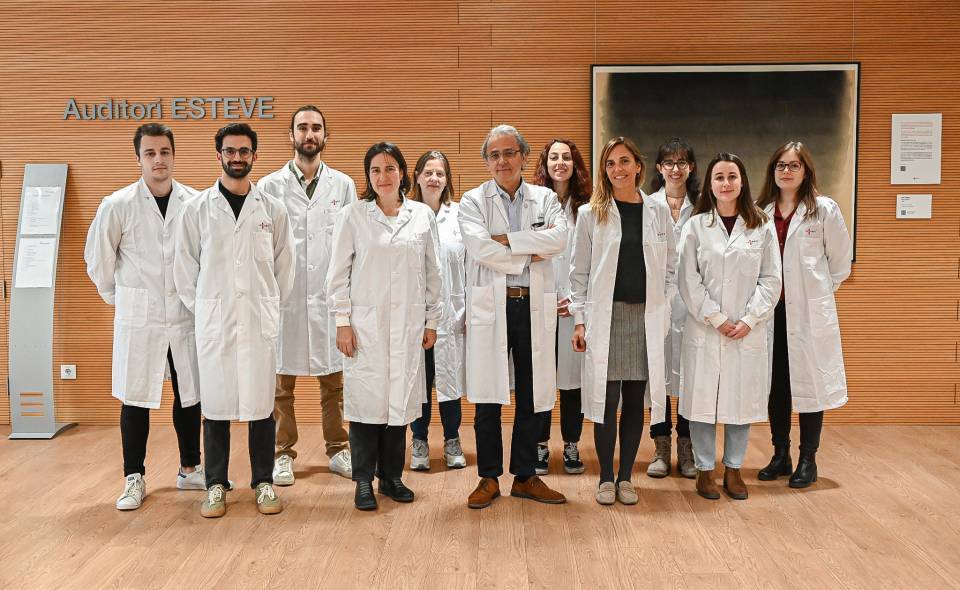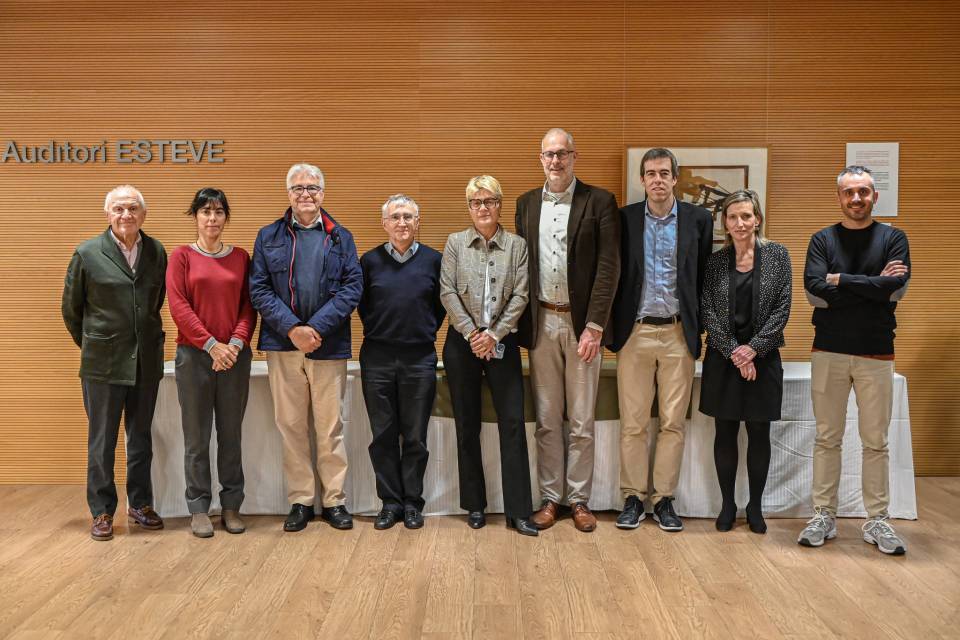December 2023 – February 2024
Over the past few months, we have continued with the analysis of the sequencing data of the genomes of the patients participating in the study. The transcriptome sequencing data allowed us to establish a list of genes whose expression is altered, either increased or decreased. This alteration in expression has now to be referenced with variants in those genes to establish possible causality. Right now, we are trying to link possible genetic variants with changes in expression of these particular genes.
Furthermore, through the data analysis strategy known as low-hanging fruits explained in the previous report, we have been able to establish a short list of genes with rare, potentially disruptive variants. These genes will have to be referenced with the entire set of omics information generated to be able to make specific associations.
Until now, the genome sequencing of the patients has made it possible to establish the genetic cause of 4 cases of colorectal cancer that remained unclassified. The comprehensive approach of the study has made it possible to identify the cause of these colorectal cancer cases, thus providing an answer to patients carrying these alterations that to this point were unidentifiable through standard genetic tests.
Our collaboration with Dr. Toni Gabaldon and Olfat Khannous from the Barcelona Biomedical Research Institute and the Barcelona Supercomputing Center allowed us to add more depth to the project by being able to study the microbiome of our patients' tumors. The objective behind the microbial study of the tumor of the patients is to link the presence of certain bacteria to a greater risk of colorectal cancer. The study is based on the whole-genome scanning of tumor DNA/precursor lesions to detect microbial DNA. A first analysis of the data has focused on looking for microbial differences between tumor lesions and precursor lesions, which has allowed us to find a series of taxa with differential abundance. Of these, 5 taxa have been identified that have previously been associated with colorectal cancer.
Finally, it should be highlighted that the project has been extended for another 6 months (until 31/05/2025) in order to achieve the project objectives.




